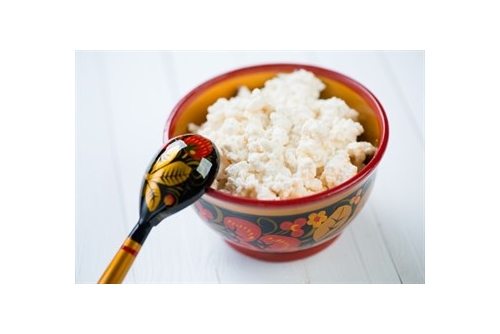Dairy products are a part of traditional food in Russia and have deep roots in consumption patterns, with products such as milk, kefir, sour cream, and cottage cheese being regular part of the diet, according to a report from Canadean entitled Consumer Trends Analysis: Understanding Consumer Trends and Drivers of Behavior in the Russian Dairy Food Market.
While one of the main reasons driving Russian dairy market is indulgence, dairy products can boast such age-aligned attributes as calcium for bone strength, protein for muscle mass and maintaining gut health, which match age-aligned needs of both youngsters and older consumers.
Currently, the Russian dairy market offers many products targeted at younger generation; at the same time, there is lack of products specifically targeting those aged 55 years and above, who consume dairy due to the habit rather than health and age-aligned reasons.
Manufactures should emphasize healthy attributes of dairy
According to the International Osteoporosis Foundation, half of those in Russia with the condition knew that dairy is the main source of calcium, while 36% believe that dairy causes damage for older people.
As a result, manufacturers should consider using packaging, advertising, and campaigns to educate consumers about the osteoporosis and dairy’s role in averting it.
“With careful marketing, manufacturers should encourage older consumers to increase frequency of dairy consumption as a part of healthy and active life-style,” said analyst Veronika Zhupanova.
Moreover, age imposed needs motivate 15.6% of total dairy consumption of US$15.4 billion market.
However, if the manufacturers can communicate the importance of dairy in old consumers’ diets, the influence is likely to increase.
Importance of Vitamin D will increase
However, consuming rich in calcium dairy may not be enough as calcium requires vitamin D to facilitate its absorption.
A significant proportion of Russia’s territory, especially in the north, has low insolation in winter, which puts its population at risk of lack of vitamin D.
To prevent this, manufacturers should launch dairy products rich both in calcium and vitamin D.
As an example, Russian manufacturer Valio launched ProFeel range of Yoghurt Shakes which contain vitamin D and less sugar, and are targeted at consumers who lead a healthy lifestyle.
“Producers will benefit from launching seasonal editions, providing they educate consumers about the necessity of diet change during winter-time,” said Zhupanova.










